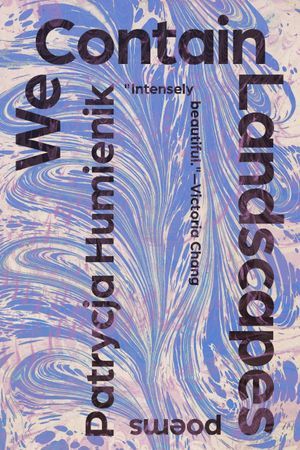I Can’t Stop Thinking About This Line and This Poem
⚓ Books 📅 2025-10-20 👤 surdeus 👁️ 22Sometimes, when I’m reading a poetry collection, a line presents itself to me as a kind of portal, an articulation of something that’s been in my heart that I have not been able to name or express myself. The poet Tiana Clark says that every poem has a “heart line.” Heart lines are the lines that move, delight, or reshape you. They exist even in poems you might not otherwise love—a little zing of language that enters you and reminds you you’re alive. Lately I’ve been thinking that maybe, just like every poem has a heart line, every collection has what I’m thinking of as an oracle line—it may not be the most beautiful or surprising line, or even your favorite line, but the line you can’t look away from. The line that leads you from the collection into the world. An oracle line, maybe, is the line where everything you bring to the collection and everything the poet puts into the collection merge and transform.
For me, the oracle line in Patrycja Humienik’s stunning debut collection comes near the end of the very last poem. Not a day has gone by that this line hasn’t been with me, beating its quiet, blazingly honest song alongside my own heart: “I will not turn away from the ache of this world.”
 We Contain Landscapes by Patrycja HumienikIn these beautiful poems, Humienik considers questions of water, belonging, devotion, form, womanhood, desire, cultural lineage, violence, and boundaries. She writes into and across her own experience of being the daughter of Polish immigrants in epistolary poems addressed to other immigrant daughters. In these poems, and in poems that consider the landscapes, literatures, and language of Poland, she troubles the borders of “we.” What does kinship mean in a world defined by violent borders? What can we learn from water—especially rivers and lakes—about how to move with and through each other? How do rivers express desire, love, devotion? “River speaks in reverse elegy,” Humienik writes. “Can a river unwound?” |
